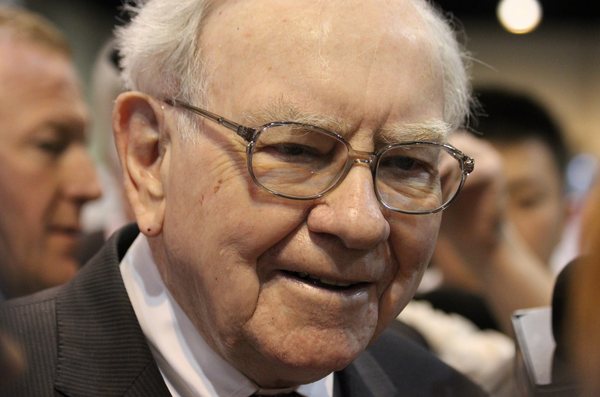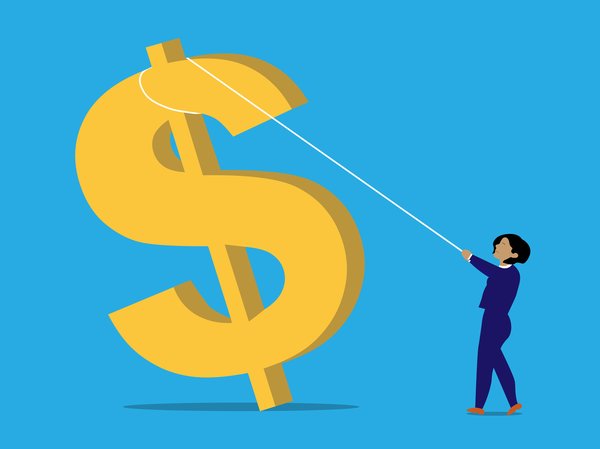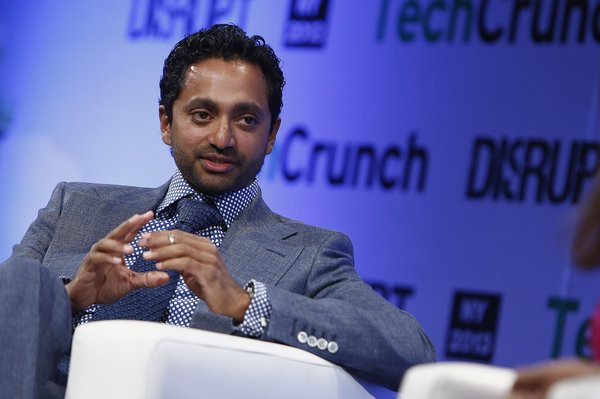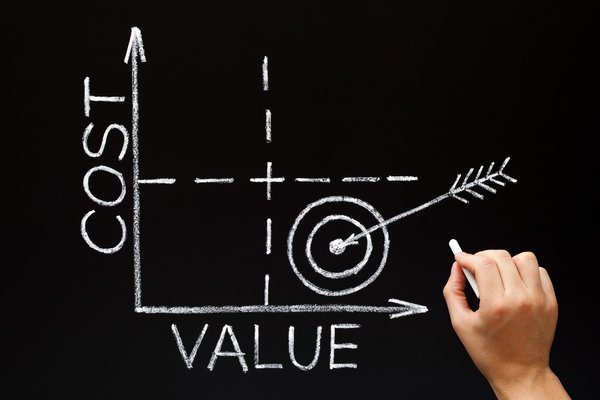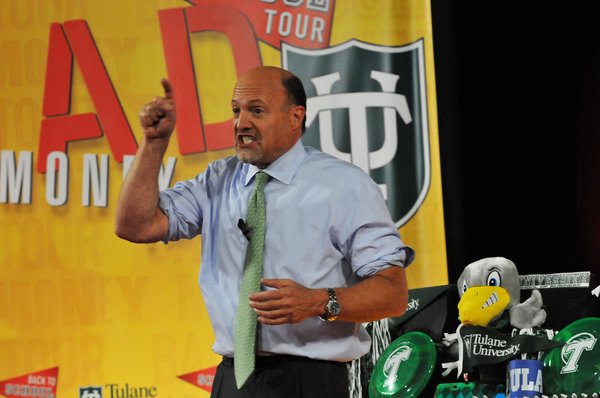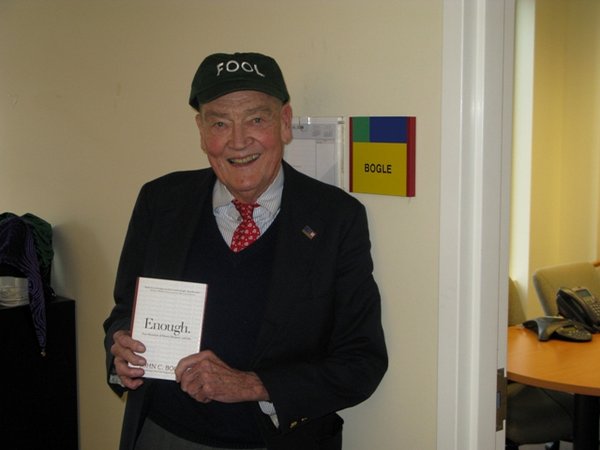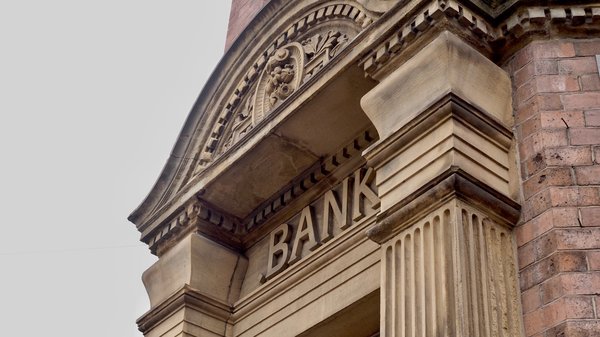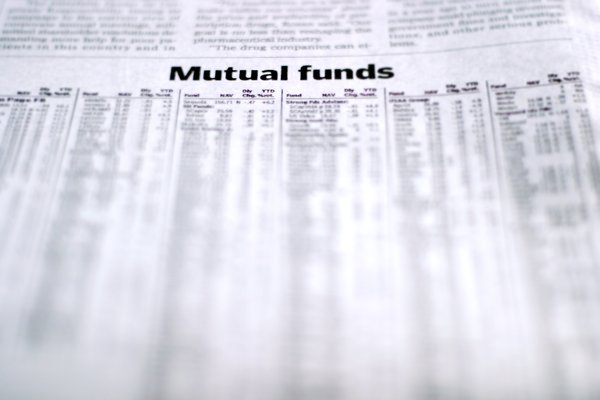With an estimated net worth of "only" $2.5 billion, Charlie Munger didn't even crack the top 1,000 on Forbes' list of billionaires. However, Munger was still a well-known, respected, and successful investor. And he was vice chairman of Berkshire Hathaway (BRK.A -0.76%)(BRK.B -0.69%), having served as Warren Buffett's right-hand man for decades.
Here's who Munger was, his investing style, and some of his top holdings.

Who was he?
Who was Charlie Munger?
After serving in the military during World War II and subsequently earning his law degree from Harvard, Munger went on to practice law in California. Later, he was a partner at his own law firm and did some work in real estate development.
Like Warren Buffett, Munger was from Omaha, Nebraska. But the duo didn't meet as children. Rather, they were introduced by a mutual friend in 1959 while Munger was visiting from California. From there, the two struck up a friendship.
While Munger was always interested in investing, encouragement from his new friend Warren Buffett caused him to take it more seriously. According to a writeup by Buffett called The Superinvestors of Graham-and-Doddsville, Munger ran his own investment fund from 1962 to 1975, earning 19.8% annually compared to just a 5% annual return for the Dow Jones Industrial Average during this time.
In 1965, Buffett took control of the New England textile company Berkshire Hathaway. Then in the 1970s, Buffett brought Munger on at Berkshire. Munger later became vice chairman in 1978.
During his long career, Munger has held positions at other companies as well. He was chairman of conglomerate Wesco Financial Corporation from 1984 through 2011 -- a now wholly owned subsidiary of Berkshire Hathaway. He was also chairman of publishing and technology company Daily Journal Corporation (DJCO -0.06%) from 1977 through 2022. He was also on the board of directors at bulk grocery chain Costco Wholesale (COST 1.01%), a position he held since 1997.
Personal stats
Charlie Munger's personal stats
- Age: Charlie Munger was born on Jan. 1, 1924, and died on November 28, 2023, at the age of 99.
- Source of wealth: Munger was a self-made billionaire by investing.
- Marital status: Munger was widowed at the time of his death.
- Residence: Munger's primary residence was reported to be his home in Pasadena, California.
- Children: Munger had seven children and two stepchildren.
- Education: Munger left the University of Michigan to serve in the military. He later graduated from Harvard Law School.
The whole secret of investment is to find places where it is safe and wise not to diversify.Charlie Munger.
Investment approach
Charlie Munger's investment approach
Charlie Munger's investment approach was predicated on the assumption that good opportunities are few and infrequent. As he once said, "Life is not just bathing you with unlimited opportunities."
Therefore, Munger's process wasn't about finding as many good ideas as he could. On the contrary, he sought to first eliminate bad and mediocre ideas. This might seem like a backward approach, but he often spoke about the value of inverting one's thinking.
Munger's preference toward thinking in reverse was clearly illustrated when he said, "It's remarkable how much long-term advantage people like us have gotten by trying to be consistently not stupid, instead of trying to be very intelligent."
Because he believed good opportunities are rare, Munger decisively seized opportunities when he finally saw them. Quoting his great-grandfather, Munger said, "When you get a lollapalooza, for God's sake, don't hang by like a timid little rabbit."
Consequently, Munger didn't share widely held views on diversification -- even holding 10 stocks risks being over-diversified, in his opinion. After all, if good ideas are truly rare, then why would one diversify a portfolio into dozens of things? The positive impact of the good ideas would only be diluted from all of the mediocre investments in the portfolio.
Munger employed a buy-and-hold investment strategy. When he found a good idea, he simply continued to hold that stock and allowed compounding to work for him. As he said, "The big money is not in the buying and the selling, but in the waiting."
Finally, Munger was known to be a value investor, but there is an important distinction to be made. Whereas many value investors look for whatever is cheap regardless of the quality of the business, Munger was willing to pay more for quality.
In his 2014 letter to Berkshire Hathaway shareholders, Buffett credited Munger with changing his perspective on value investing. Buffett quoted Munger as saying, "Forget what you know about buying fair businesses at wonderful prices; instead, buy wonderful businesses at fair prices."
To summarize the investment approach, Munger believed good investment opportunities are few, and therefore, he concentrated his portfolio around only those few good ideas, provided he could buy them for a fair price. Then after he bought these, he simply held on for the long haul.
His investments
Charlie Munger's investments
Given the consistency of his message regarding life's limited opportunities, it should come as no surprise that the table below doesn't just show the top three stock positions for Charlie Munger's portfolio. This table shows his only three stock positions.
| Name | Ticker | Market Cap | About this company |
|---|---|---|---|
| Berkshire Hathaway | BRK.A, BRK.B | $790 billion | Berkshire is a conglomerate of wholly owned businesses including insurance, restaurants, rail, and more. It also owns a large investment portfolio. |
| Costco | COST | $302 billion | Costco is a membership-based retailer with over 850 warehouse locations. |
| Daily Journal Corporation | DJCO | $0.45 billion | The Daily Journal owns multiple newspapers, including the Los Angeles Daily Journal. It owns Journal Technologies, which is a software company used in legal settings. It also owns an investment portfolio. |
More from Charlie Munger
More from Charlie Munger
Charlie Munger wasn't active on social media, he didn't write any books, and he rarely made media appearances.
The best regular opportunity to hear from Munger came during the annual meeting for Berkshire Hathaway's shareholders, during which he and Buffett fielded questions from the audience.
Takeaways
The right takeaways from Charlie Munger
In wrapping things up, I'll point out that Munger admitted that a diversified portfolio is right for many investors. Munger once said, "The idea of diversification makes sense to a point if you don’t know what you’re doing." Of course, no one likes to admit any ignorance. However, the more concentrated your portfolio is, the greater the risk of permanent loss of capital if you're wrong. It's not a strategy to use flippantly.
Therefore, having a healthy self-awareness is imperative for investors looking to emulate Munger's investing style.
I constantly see people rise in life who are not the smartest, sometimes not even the most diligent, but they are learning machines. They go to bed every night a little wiser than they were when they got up, and boy, does that help, particularly when you have a long run ahead of you.Charlie Munger.
In other words, firmly know your limits but never stop growing. And if you want to keep learning about investing, listening to as much wisdom from Charlie Munger as possible is a great way to spend your time.
FAQs
Charlie Munger FAQs
How did Charlie Munger make his money?
Charlie Munger made the vast majority of his wealth by being invested in publicly traded companies.
What was Charlie Munger invested in?
At the time of his death, Charlie Munger personally owned shares of Berkshire Hathaway, Costco, and the Daily Journal Corporation.
Moreover, Munger also had some money invested in Himalaya Capital Management, an investment fund run by Li Lu. Munger has called Li Lu "the Chinese Warren Buffett."
What was the largest holding of Munger?
Charlie Munger's largest holding at the time of his death was his stake in Berkshire Hathaway. He owned 4,170 Class A shares as of May 2022, which were worth $2.1 billion as of this writing.








